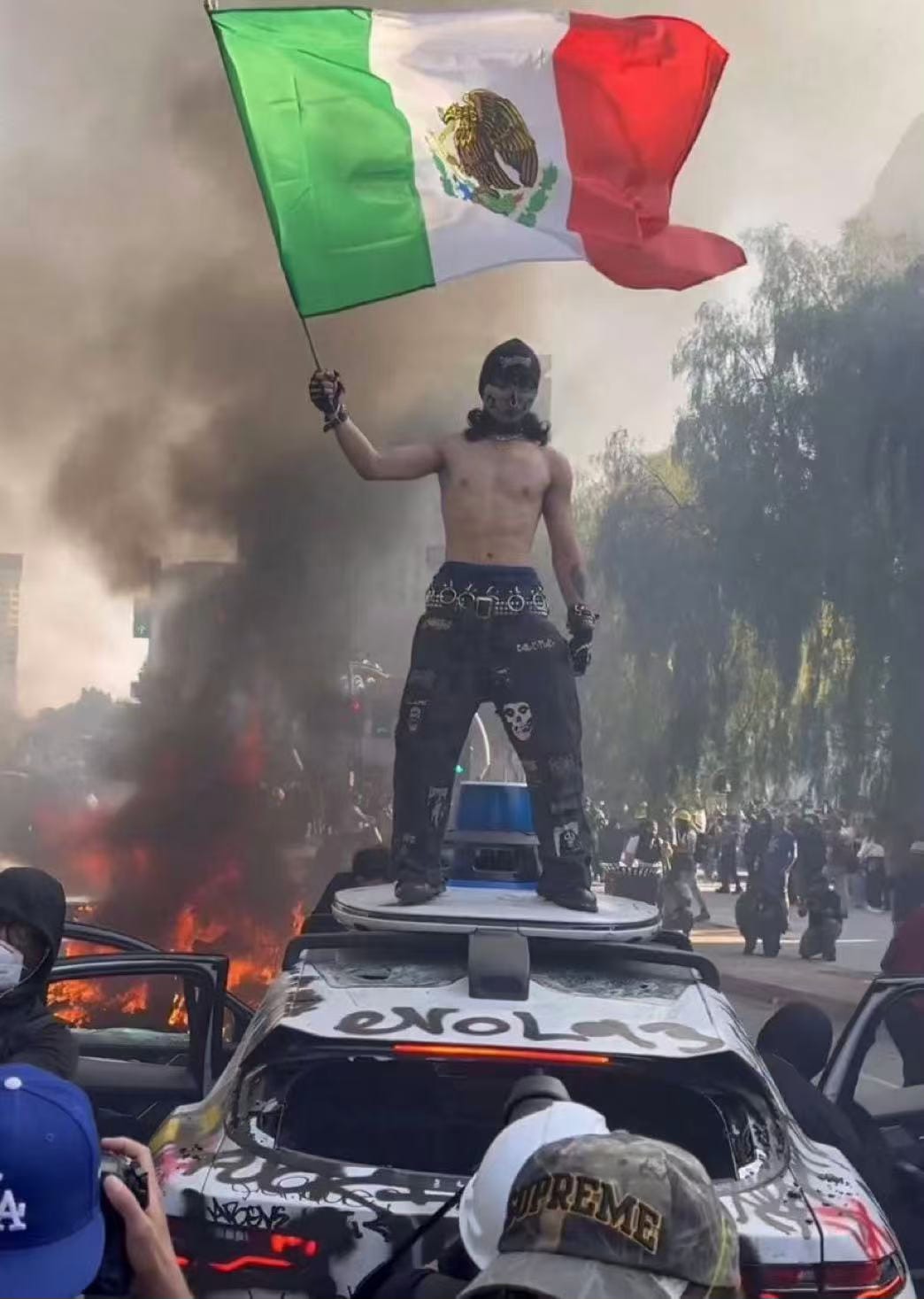Liberate Los Angeles
Featured Contributor Prof. Josef Mahoney discusses the ongoing crisis in #losangeles.
Featured contributor Prof Josef Mahoney joined CGTN The Hub with Wang Guan and fellow panelists Andy Mok and John Gong to discuss the ongoing military deployments in California.
First, we last saw this kind of deployment in 1965, in Selma, to enforce Civil Rights and protect African Americans. That it's being used now to target minorities is ironic and r…





